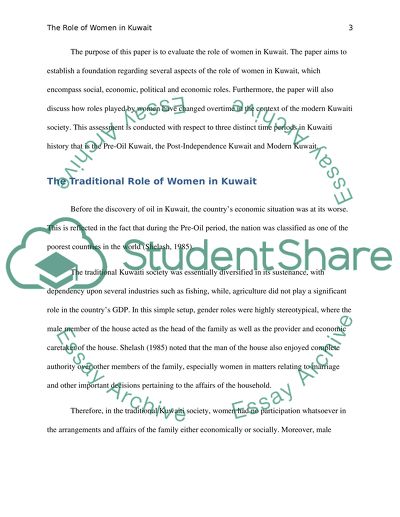Cite this document
(“The Role of women in Kuwait Research Paper Example | Topics and Well Written Essays - 2000 words”, n.d.)
Retrieved from https://studentshare.org/gender-sexual-studies/1475376-the-role-of-women-in-kuwait
Retrieved from https://studentshare.org/gender-sexual-studies/1475376-the-role-of-women-in-kuwait
(The Role of Women in Kuwait Research Paper Example | Topics and Well Written Essays - 2000 Words)
https://studentshare.org/gender-sexual-studies/1475376-the-role-of-women-in-kuwait.
https://studentshare.org/gender-sexual-studies/1475376-the-role-of-women-in-kuwait.
“The Role of Women in Kuwait Research Paper Example | Topics and Well Written Essays - 2000 Words”, n.d. https://studentshare.org/gender-sexual-studies/1475376-the-role-of-women-in-kuwait.


